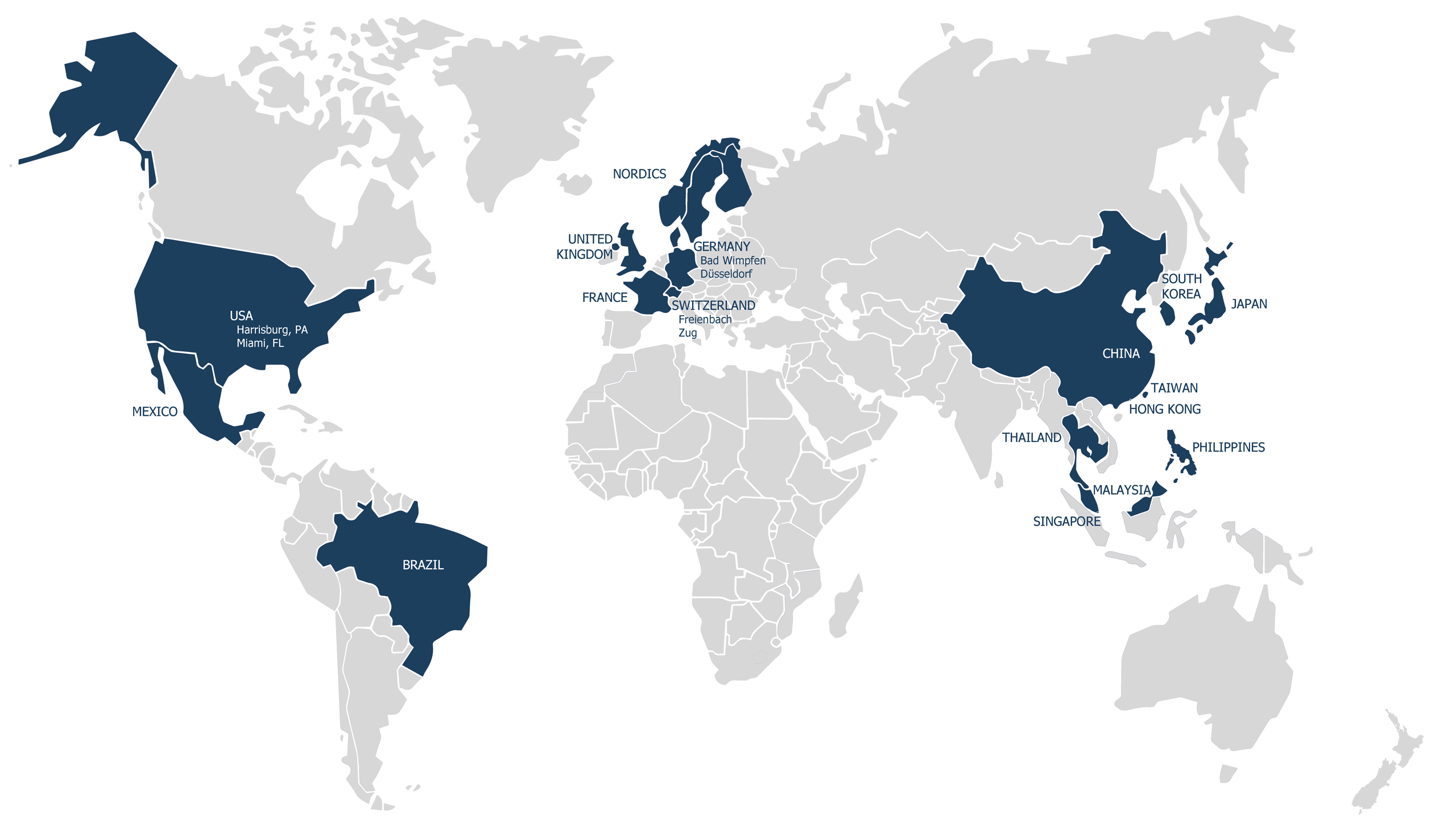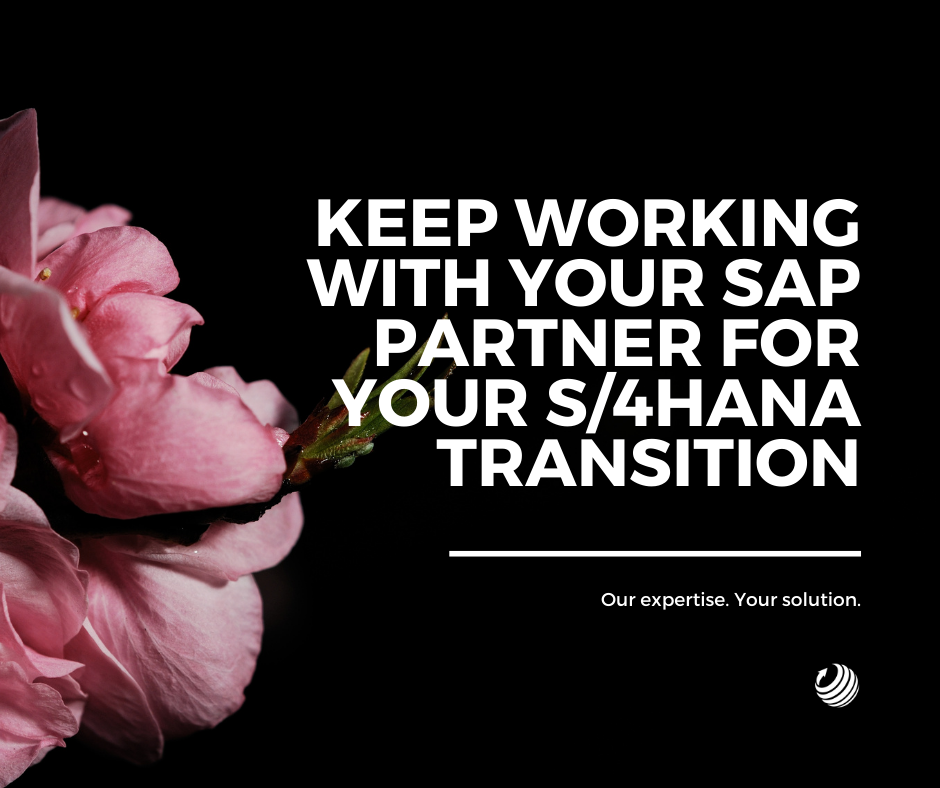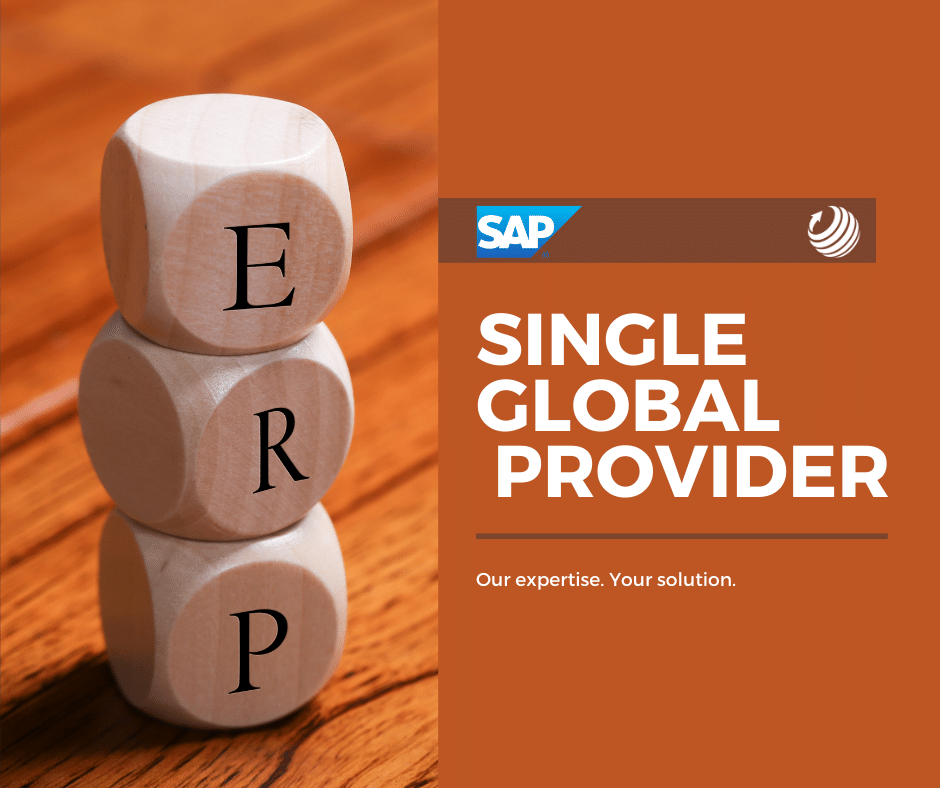Keep Working With Your SAP Partner for Your S/4HANA Transition
Table of Contents
CloseMany businesses have been informed about the upgrade to their ERP systems. Indeed, S/4HANA has been on the market since 2015, and businesses are increasingly switching over.
The switch from legacy ERPs can be a significant ordeal. Even coming in fresh with S/4HANA as the business’s first management system requires support. S/4HANA partner companies are substantial assets since they can take on a lot of the management aspects.
Now that S/4 has arrived and is more efficient and flexible than ever, many wonder if they will still need to work with their ERP partners. This article will look at why ERP partners will be just as helpful with S/4HANA, but first, some insights into the details on the new product.
Brief on S/4 Versions
SAP S/4HANA comes in three different types of offerings to suit different types and scales of companies.
Firstly, there is a Public Cloud product, a monthly subscription service managed by SAP. Businesses with this product will hold a contract with SAP, and SAP will perform all maintenance, management, and infrastructure. The only downside to this product is less flexibility since it is a product designed for general business needs, not specific needs and this concept may vary from company to company. This product will be best utilized with partner support on implementation, application management services, and content lifecycle management.
The Private Cloud version is also a subscription product, but otherwise, it is more like the On-Premise version than the Public Cloud version. This product has much more flexibility in choosing your hyper-scaler and customizing your applications, which reflects in the pricing. Partner companies are recommended for the implementation phase of this product, content ownership, application management services, and content lifecycle management. SAP administrators will be responsible for product support, technical operations, and infrastructure.
The SAP S/4HANA On-Premise product is the same as the Private Cloud product, except that it can be hosted on-site in the business's physical location, or in the Cloud but with all the necessary ownership. This product will be best utilized with partner support on implementation, application management services, content lifecycle management, product support, technical operations, and infrastructure.
Brief on SAP Timeline
While customers have been told that all SAP ECC migrations must be completed by 2025, this date has been pushed to 2027. This includes all core applications in the suite.
Even more recently, and in response to client concerns, SAP has announced that businesses will have the option of postponing their migration even further – to 2030. However, companies will have to pay 2% more for maintenance with this option.
There are still 40,000 SAP ECC customers worldwide, so approximately 12 will need to go live every day to maintain a consistent schedule and prevent backlogs. Unfortunately, business does not typically work this way.
It takes a few months to move each client over to S/4HANA. For this reason, as the 2027 date approaches, there are bound to be longer and longer wait times. So, for those who know they will be making the switch, it might be wise to do so sooner than later.
SAP S/4HANA Interface & Upgrades
The SAP S/4HANA interface is called Fiori. With this system, CFOs and COOs can approve reviewed KPIs on the go from anywhere via any device.
When it comes to S/4HANA upgrades, SAP supports businesses with the most updated processes to ease transitions.
For the Public Cloud product, the quarterly upgrades will be pre-scheduled. With the Private Cloud and On-Premise versions, businesses will have the option of scheduling upgrades on their terms.
Upgrades are vital because they keep systems up-to-date as earlier versions may not have all the functionalities.
For Private Cloud products, there is a required upgrade every five years. This means going to the next version. For S/4HANA Public Cloud, this is done each quarter and it is mandatory for customer’s security. Finally, On-Premise products, upgrades are not required although it´s recommended.
In Conclusion
Considering all the multinationals and the legal requirements for each SAP ERP, consultants are in demand. For each SAP deployment or redeployment, a team of consultants is usually needed for each project.
As much as businesses may want to wait to reach the 2030 date, fewer consultants will be available, and those businesses will also have to pay more in maintenance and time.
The best practice in this instance is to plan when it comes to transitioning over to SAP S/4HANA and think about when you will be ready to start your journey. SAP consultants like those working for an SAP implementation partner such as be one solutions are available to answer any questions, so reach out today!
You won’t want to miss be one solutions‘ next webinar. Add your email address to be notified :
Please select your language
Welcome on be one solutions‘ websites.
Please select your language.





